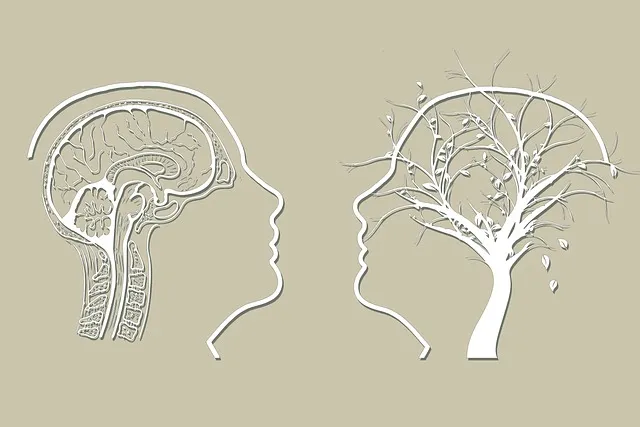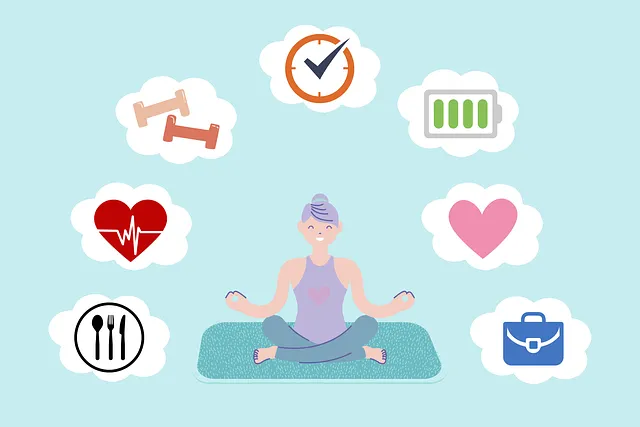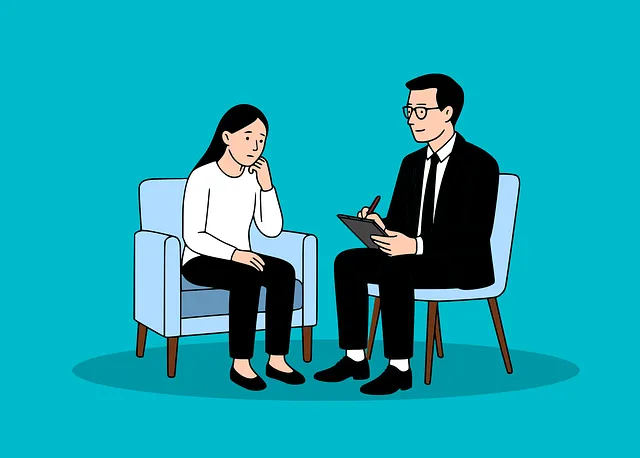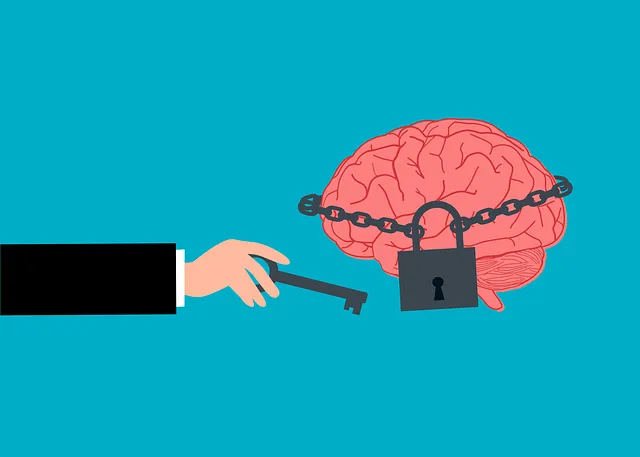The Arvada Kaiser Permanente Mental Health Access Center utilizes group facilitation as a powerful tool for fostering community and enhancing mental wellness support. Through collaborative sessions, individuals share experiences, learn from one another, and benefit from evidence-based techniques guided by skilled facilitators. The center prioritizes cultural sensitivity, ensuring every participant feels valued and improving communication and outcomes. Effective communication strategies create a safe space, encouraging open dialogue, self-care routines, and trust building. Success is measured through qualitative feedback, tracking personal growth, coping mechanisms, and community engagement, ultimately aiming to improve mental wellness outcomes.
Mental wellness group facilitation plays a vital role in supporting individuals at the Arvada Kaiser Permanente Mental Health Access Center. This article explores effective techniques for facilitators, drawing from real-world practices at this pioneering healthcare hub. We delve into understanding group dynamics, engaging inclusive spaces, and implementing communication strategies tailored to mental health support. Additionally, we discuss measuring success through evaluation, highlighting the impact of these techniques on participant well-being.
- Understanding Group Facilitation in Mental Health Support
- The Role of a Facilitator at Arvada Kaiser Permanente Mental Health Access Center
- Engaging Techniques to Foster Safe and Inclusive Spaces
- Effective Communication Strategies for Group Sessions
- Measuring Success: Evaluating the Impact of Group Facilitation
Understanding Group Facilitation in Mental Health Support

Group facilitation plays a pivotal role in enhancing mental wellness support at centers like Arvada Kaiser Permanente Mental Health Access Center. This collaborative approach brings individuals together to share experiences, offer mutual support, and learn from one another, fostering a sense of community. Facilitators act as guides, creating a safe and inclusive environment where members can explore their emotional well-being through various techniques such as Stress Reduction Methods and Emotional Well-being Promotion Techniques.
Cultural sensitivity is an integral aspect of effective group facilitation in mental healthcare practice. Recognizing and respecting diverse backgrounds, beliefs, and experiences ensures that every participant feels valued and understood. This inclusive approach not only promotes open communication but also enhances the effectiveness of support strategies, ultimately contributing to improved outcomes for those seeking help at centers like Arvada Kaiser Permanente Mental Health Access Center.
The Role of a Facilitator at Arvada Kaiser Permanente Mental Health Access Center

At the Arvada Kaiser Permanente Mental Health Access Center, facilitators play a pivotal role in fostering a supportive and therapeutic environment for individuals seeking mental wellness support. These professionals are the guiding hands that navigate participants through various group therapy sessions, aiming to enhance their overall well-being. The facilitator’s primary responsibility is to create a safe space where members can openly discuss their experiences, challenges, and victories related to mental health.
Through skilled facilitation, they encourage active participation, ensuring everyone has an opportunity to share. This involves employing techniques like icebreakers, interactive activities, and guided discussions to promote engagement and build a sense of community among group members. By facilitating open conversations about stress management strategies, confidence-boosting techniques, and sharing personal mental wellness journeys, facilitators contribute to the center’s mission of providing accessible and comprehensive mental health care. Their role is instrumental in the successful delivery of services, such as Stress Management Workshops Organization and the production of Mental Wellness Podcast Series, catering to diverse needs within the Arvada Kaiser Permanente community.
Engaging Techniques to Foster Safe and Inclusive Spaces

Creating a safe and inclusive environment is fundamental when facilitating mental wellness groups, and there are several engaging techniques to achieve this at the Arvada Kaiser Permanente Mental Health Access Center. One powerful approach is to encourage active participation through interactive activities that foster open dialogue. Group members can share their experiences in a structured yet relaxed setting, allowing everyone to feel heard and valued. This not only promotes emotional intelligence but also enables individuals to build inner strength by facing challenges together.
Additionally, facilitators should focus on building community among participants. Techniques like round-robin discussions, where each person shares their thoughts on a specific topic, can help break the ice and create a supportive atmosphere. By acknowledging and respecting diverse perspectives, facilitators ensure that every voice is included, fostering an environment where individuals feel comfortable exploring sensitive topics related to mental wellness. These practices contribute to a welcoming space, enhancing the overall effectiveness of group sessions at the Arvada Kaiser Permanente Mental Health Access Center.
Effective Communication Strategies for Group Sessions

Effective communication is key to facilitating productive group sessions at the Arvada Kaiser Permanente mental health access center. Group facilitators should adopt inclusive language and active listening techniques to ensure every member feels heard and respected. This involves encouraging open dialogue, creating a safe space for vulnerability, and reflecting on shared experiences to foster understanding. By promoting transparent communication, facilitators can help individuals build trust and strengthen their support networks.
Additionally, integrating risk assessment strategies is crucial for mental health professionals to navigate group dynamics effectively. Assessing individual risks and emotional vulnerabilities allows facilitators to provide tailored guidance and ensure the well-being of all participants. Encouraging self-care routine development within the group can further enhance mood management and overall mental health outcomes. Through these communication techniques, the Arvada Kaiser Permanente access center strives to create a nurturing environment where individuals can connect, heal, and grow together.
Measuring Success: Evaluating the Impact of Group Facilitation

Measuring success is an integral part of group facilitation, allowing for a deeper understanding of the impact and effectiveness of the sessions. When evaluating the outcomes of group work at Arvada Kaiser Permanente Mental Health Access Center, various methods can be employed to ensure positive changes are being made. Facilitators can gather qualitative feedback from participants through surveys or open discussions, providing insights into their personal growth, improved coping mechanisms, and enhanced social connections.
The implementation of Compassion Cultivation Practices, for instance, can be assessed by observing the group’s ability to foster empathy and kindness towards themselves and others. Additionally, the Community Outreach Program’s success may be measured by tracking participants’ engagement in community activities post-facilitation, promoting a sense of belonging and positive thinking within the community. These evaluations ensure that the group facilitation techniques are achieving their intended goals, ultimately improving mental wellness outcomes for individuals at Arvada Kaiser Permanente Mental Health Access Center.
Group facilitation techniques play a pivotal role in enhancing mental wellness support, as evidenced by the successful models at the Arvada Kaiser Permanente Mental Health Access Center. By fostering safe and inclusive spaces through engaging communication strategies, facilitators create an environment conducive to personal growth and healing. Measuring the impact of these sessions is crucial for continuous improvement, ensuring that services meet the diverse needs of individuals seeking mental health support. Through understanding and refining these facilitation techniques, we can revolutionize mental health care, offering more effective and accessible support to those in need.






